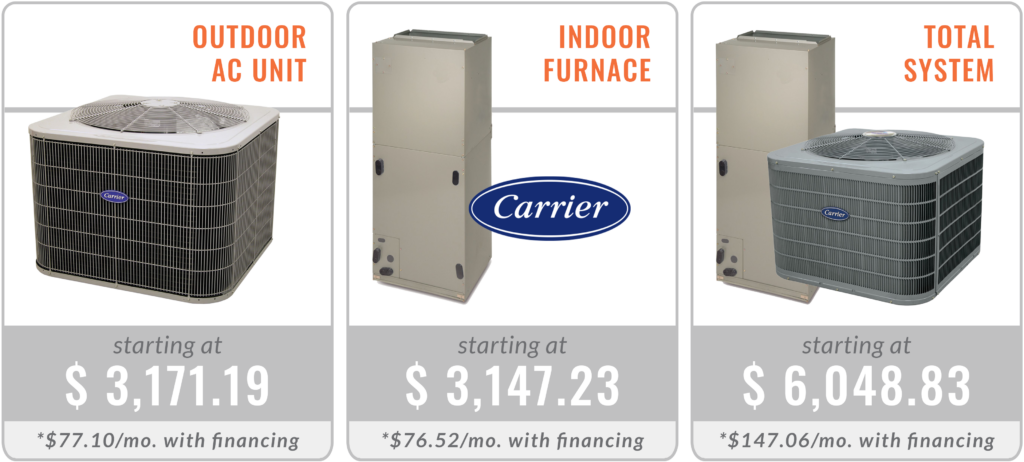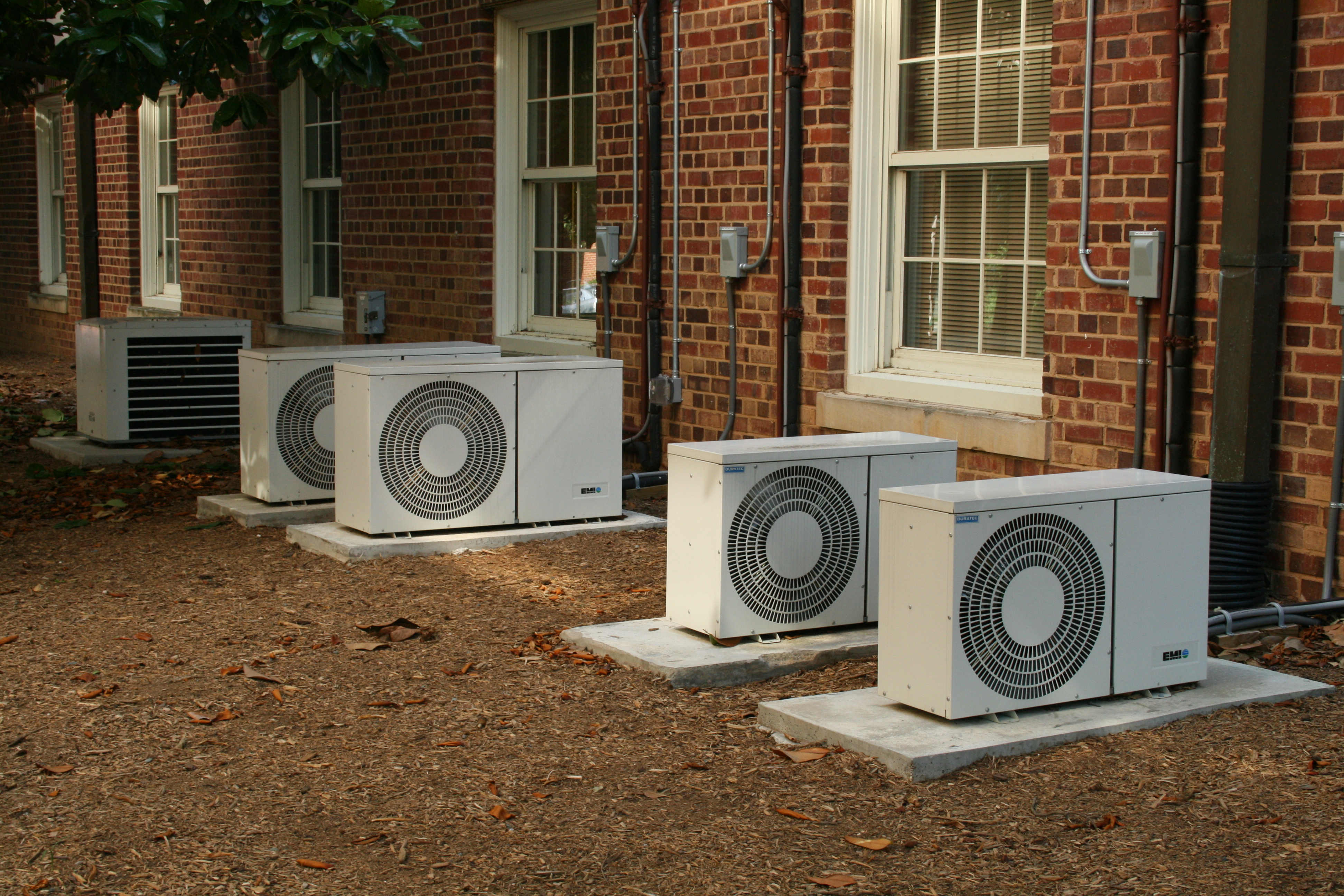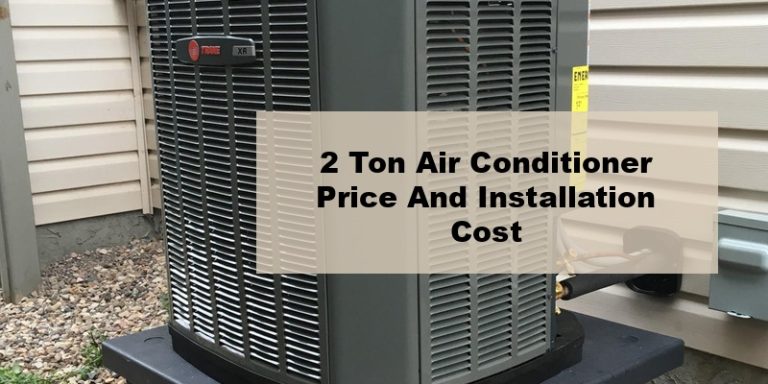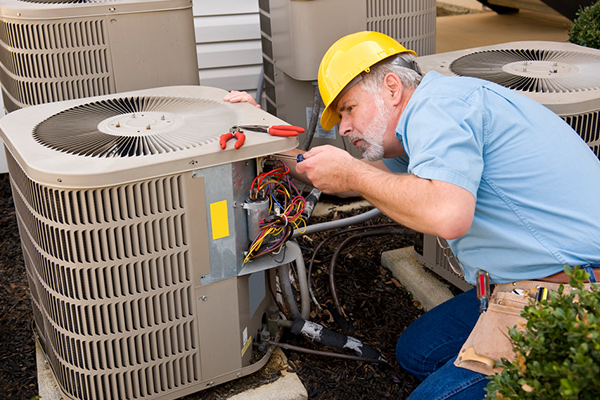Air Conditioning Installation Cost In Nj
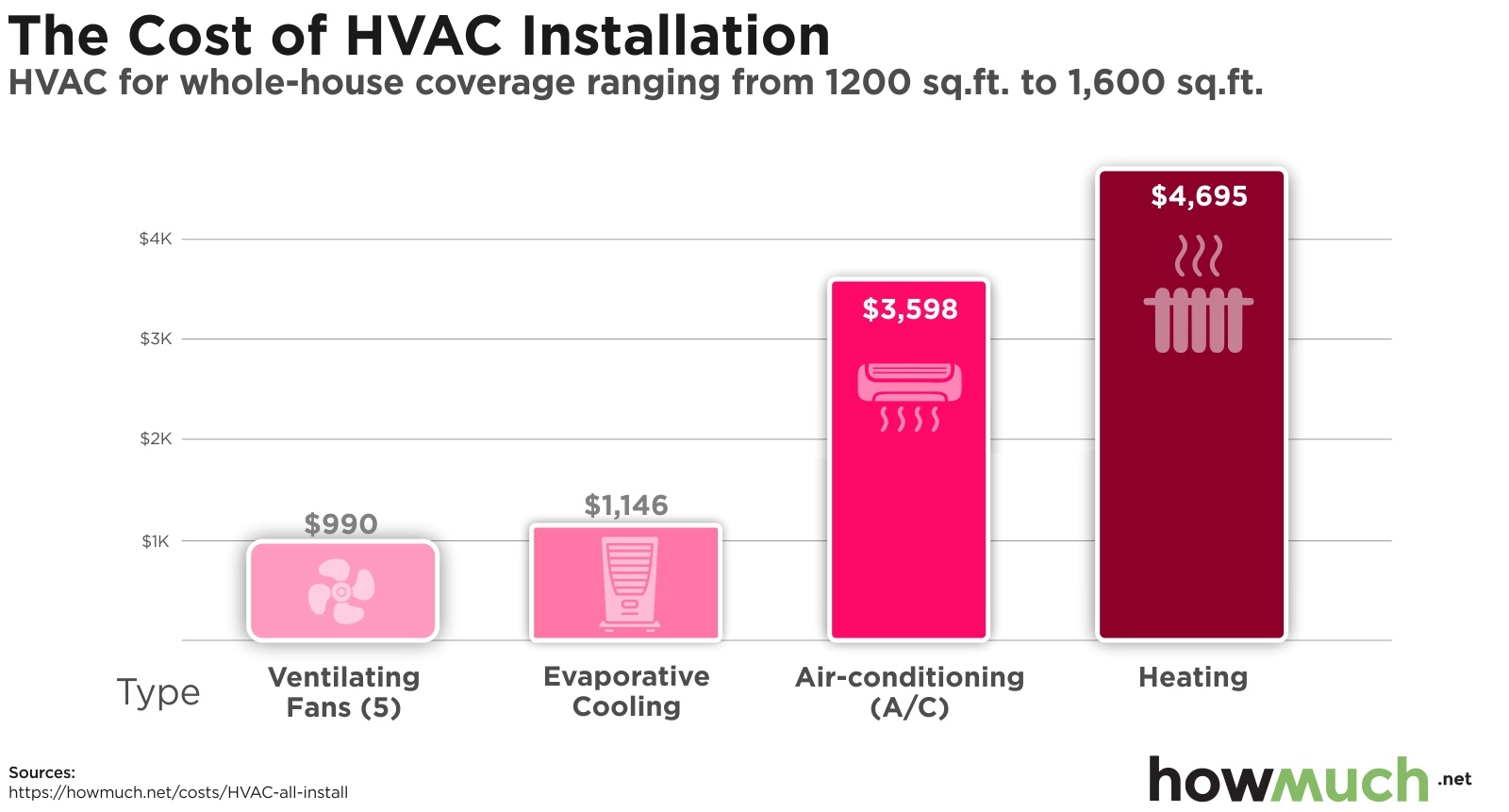
So, you're staring at an air conditioning installation quote in New Jersey and thinking, "This seems higher than I expected!" You're not alone. Air conditioning installation costs in NJ can be a significant investment, and understanding why the price is what it is – and knowing when something *doesn't* add up – is crucial. One of the most frequent issues homeowners face is a feeling of being overcharged or quoted excessively high prices. Let's break down how to troubleshoot this situation, step-by-step.
Step 1: Understanding the Baseline Cost
Before you can determine if a quote is too high, you need a general understanding of the factors that influence AC installation costs in NJ. This isn't about finding the absolute cheapest deal; it's about ensuring you're paying a fair price for a quality installation.
Factors Affecting AC Installation Cost:
- System Size (BTU): Bigger isn't always better. An oversized unit is inefficient and can lead to humidity problems. A properly sized unit cools effectively and efficiently. The size, measured in BTU (British Thermal Units), is directly proportional to the cost.
- Type of System: Central AC, ductless mini-split, heat pump – each has a different price point. Central AC is generally more expensive upfront, especially if ductwork needs modification. Mini-splits can be cost-effective for individual rooms or zones. Heat pumps, which both heat and cool, may qualify for rebates.
- Efficiency (SEER Rating): Higher SEER = Higher Initial Cost, Lower Operating Costs. SEER (Seasonal Energy Efficiency Ratio) measures cooling efficiency. A higher SEER rating translates to lower energy bills but also a higher upfront cost for the unit.
- Brand: Some brands are known for reliability and performance, which often comes at a premium. Popular brands like Carrier, Trane, and Lennox typically have higher price tags than less well-known brands.
- Installation Complexity: This is a major factor. Does the existing ductwork need modification or replacement? Is the outdoor unit difficult to access? Are there electrical upgrades required? These all increase labor costs.
- Permits and Inspections: New Jersey requires permits for AC installations. The cost of these permits is typically included in the installer's quote.
- Contractor's Labor Rates: Labor rates vary depending on the contractor's experience, reputation, and location within NJ.
- Removal and Disposal of the Old Unit: This is usually a standard part of the installation process and included in the price.
DIY Task: Research average installation costs for different AC types and sizes in your area. Websites like HomeAdvisor, Angie's List (now Angi), and even manufacturers' websites can provide ballpark figures. This gives you a preliminary benchmark.
Step 2: Analyzing the Quote Line by Line
A reputable AC installer will provide a detailed, itemized quote. Don't accept vague estimates. You need to see exactly what you're paying for.
Key Items to Look For:
- Equipment Cost: This should specify the brand, model, and SEER rating of the AC unit. Verify the model number online to ensure it matches what you're expecting and to check its specifications.
- Labor Costs: This should be broken down into specific tasks, such as ductwork modifications, electrical work, and installation of the unit.
- Materials Costs: This includes refrigerant, wiring, piping, and other necessary materials.
- Permit Fees: These are usually a fixed cost and should be clearly stated.
- Removal and Disposal Fees: As mentioned earlier, this should be included.
- Warranty Information: Understand the warranty on the equipment and the installation work.
DIY Task: Scrutinize each line item. Are the quantities realistic? Are the hourly labor rates in line with what you found during your research? If something seems unclear or excessive, *ask the contractor for clarification.* Don't be afraid to challenge them on specific points.
Step 3: Spotting Red Flags
Certain practices or items in a quote should immediately raise concerns. These don't necessarily mean the contractor is dishonest, but they warrant further investigation.
Common Red Flags:
- Extremely Low Price: If a quote is significantly lower than others, be wary. This could indicate substandard equipment, inexperienced installers, or corners being cut. Cheap isn't always better; it can be a sign of poor quality and potential problems down the line.
- Vague Language: A quote that uses phrases like "miscellaneous fees" or "installation costs" without providing details is a red flag. Demand a breakdown of these costs.
- Pressure Tactics: Contractors who pressure you to sign a contract immediately or offer "limited-time" deals may not have your best interests at heart. Take your time to review the quote thoroughly.
- Cash-Only Deals: Reputable contractors typically accept various forms of payment. A cash-only deal could be a sign of an unlicensed or uninsured contractor.
- Lack of Licensing or Insurance: Always verify that the contractor is licensed and insured in New Jersey. You can check this through the New Jersey Division of Consumer Affairs website.
- Unwillingness to Provide References: A reputable contractor should be happy to provide references from past clients.
- Ignoring a Load Calculation: A proper load calculation (Manual J) determines the correct AC size for your home. If the contractor skips this step and just recommends the same size as your old unit without assessing your home's needs, that's a major red flag.
DIY Task: Check the contractor's license and insurance status online. Contact a few of their references to inquire about their experience. If you feel uncomfortable with any aspect of the quote or the contractor's behavior, *trust your gut* and seek another opinion.
Step 4: Getting Multiple Quotes
This is perhaps the most important step in ensuring you're getting a fair price. Getting at least three quotes allows you to compare prices, services, and terms. It also gives you a better understanding of the market rate in your area.
Tips for Getting Multiple Quotes:
- Be Consistent: Provide each contractor with the same information about your home and your needs. This ensures you're comparing apples to apples.
- Specify Your Requirements: Clearly state your desired SEER rating, brand preferences, and any specific requirements you have.
- Ask About Rebates and Incentives: New Jersey and federal programs often offer rebates and incentives for energy-efficient AC systems. Ask each contractor about these.
- Don't Focus Solely on Price: While price is important, consider the contractor's experience, reputation, and the quality of the equipment they offer.
DIY Task: Schedule appointments with at least three different AC contractors. Explain your needs clearly and ask them to provide detailed, itemized quotes. Don't be afraid to ask questions and compare their offerings carefully.
Step 5: Negotiating the Price
Once you have multiple quotes, you can use them to negotiate the price with your preferred contractor. This is a normal part of the process, so don't hesitate to try.
Negotiation Strategies:
- Highlight Lower Quotes: Inform the contractor that you've received lower quotes from other companies and ask if they can match or beat them.
- Negotiate on Specific Line Items: If you feel a particular line item is overpriced, try to negotiate it down.
- Ask About Discounts: Inquire about senior citizen discounts, military discounts, or other potential discounts.
- Offer to Pay in Cash (If Comfortable): Some contractors may offer a discount for cash payments, but be cautious and ensure you receive a written receipt.
- Be Prepared to Walk Away: If the contractor is unwilling to negotiate or provide a fair price, be prepared to walk away and choose another company.
DIY Task: Be polite but firm during negotiations. Explain your reasoning and be prepared to back up your claims with evidence. Remember, the goal is to reach a mutually agreeable price that is fair to both you and the contractor.
Step 6: When to Call a Professional (Beyond Installation)
While this article focuses on troubleshooting cost estimates, it's important to know when to call a professional after the installation is complete if you suspect something is wrong with the unit itself.
Signs You Need a Professional AC Technician:
- Insufficient Cooling: If your AC isn't cooling your home effectively, there could be a refrigerant leak, a problem with the compressor, or other mechanical issues.
- Strange Noises: Unusual noises, such as banging, rattling, or hissing, can indicate a serious problem with the AC unit.
- Foul Odors: Musty or burning smells can indicate mold growth, electrical problems, or other issues that require professional attention.
- Water Leaks: Water leaks around the AC unit can indicate a clogged drain line, a refrigerant leak, or other problems.
- Increased Energy Bills: A sudden increase in your energy bills could indicate that your AC unit is running inefficiently.
- Frequent Cycling: If your AC unit is turning on and off frequently, it could indicate a problem with the thermostat, the refrigerant levels, or other components.
- Ice Buildup: Ice on the evaporator coils can indicate a refrigerant leak or airflow issues.
This is where the DIY stops. These issues involve refrigerant handling, electrical components, and specialized equipment. Attempting to fix these problems yourself could be dangerous and could void your warranty. Call a qualified HVAC technician immediately.
In conclusion:
Feeling empowered to tackle your AC installation cost concerns involves a combination of research, diligent quote analysis, and clear communication. Remember, it's your right as a consumer to understand what you're paying for and to ensure you're getting a fair price for a quality installation. By following these steps, you can confidently navigate the process and choose the best AC system and installer for your needs in New Jersey. Don't be afraid to ask questions, challenge assumptions, and ultimately, make an informed decision. A well-chosen and properly installed AC system is an investment in your comfort and well-being, so take the time to do it right.
